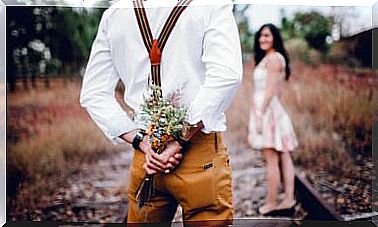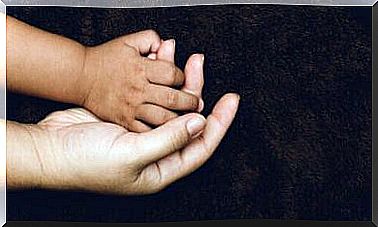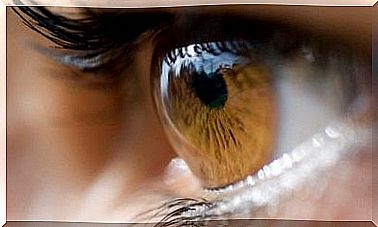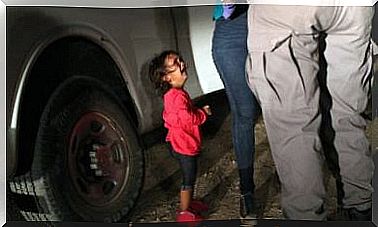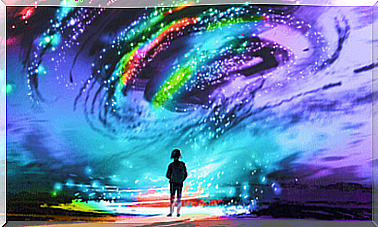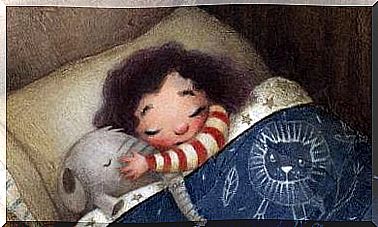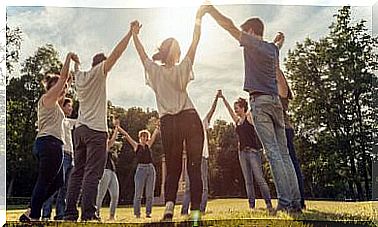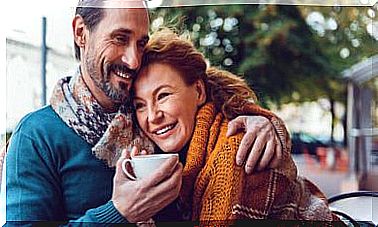Why Do We Want Some Evil Characters?
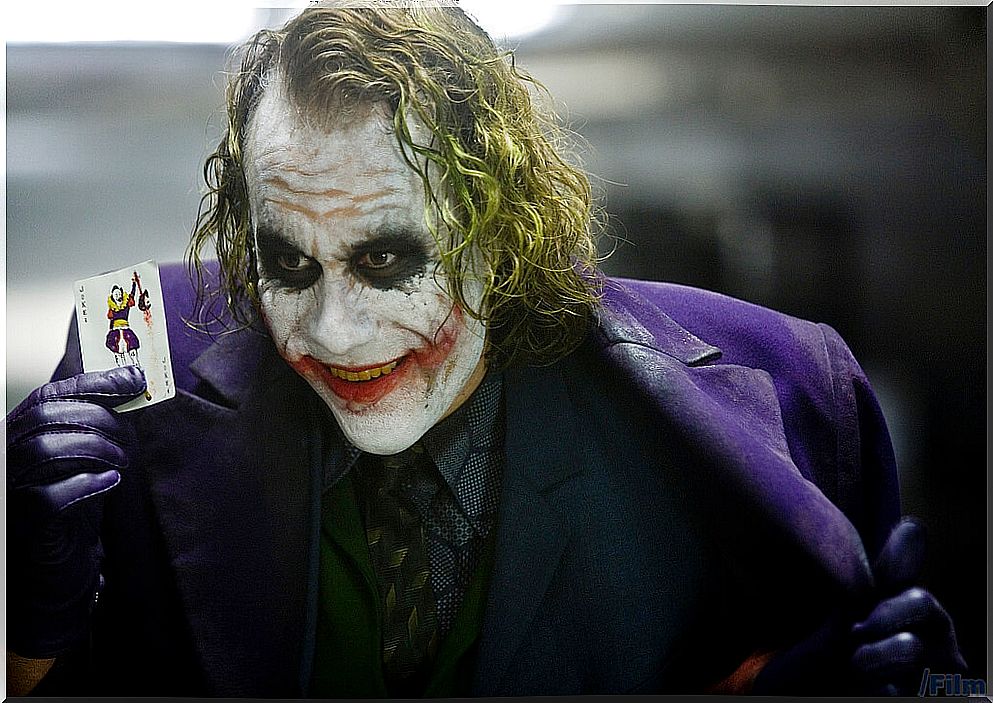
We wouldn’t be exaggerating if we said that in every corner of the globe there were fans dressed as Darth Vader on the day the latest Stars Wars movie was released. It is true that there were also many impersonating Luke or Princess Leia … but of course there were not a few who chose to disguise themselves as one of the evil ones in the saga!
Have you ever thought about why we like the wicked? Perhaps saying it like that it would seem that we are lovers of evil or injustice, but in reality there is a psychological reason (or several in reality) why we remember more about the “bad guys” in the stories. You want to know why? In this article we will tell you about it.
If we like villains, are we the bad guys from the movie?
From The Jocker to Cruela de Vil, we can’t help but think that there are certain evil characters that have appeal. This is because evil can attract our attention at the same time as it horrifies us.
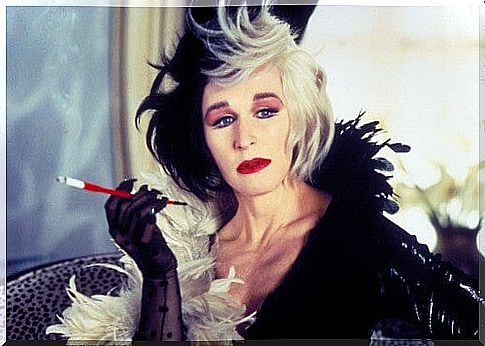
Several psychologists have investigated why we have a “guilty taste” for evil. It is not that these characters appear on the screen by pure chance, so that sometimes we can come to hate them so much that we “love” them. If only because extreme emotions always touch each other in some way.
To understand a little more about our fascination for the bad guys, it is good that we review our way of life and our tendency to do it in community, surrounded by our peers.
It is in the community itself that those who work for the common good are rewarded and those who do the opposite are punished. For this reason, research published in the journal Evolutionary Behavioral Sciences points out that our social emotions are based on altruism and selfishness, two completely antagonistic emotions.
A person who does nothing for the other is frowned upon anywhere on the planet. Why? Because they are a threat to society. Thus, it is precisely the existence of “this evil” that validates our behavior. In other words, thanks to evil we can know what good is.
What characteristics should the bad guys have?
There are some qualities that villains have to fulfill in order for us to give them the “ok”. The archetype of the evil one could be said to be within a kind of manual that is used in movies, books and series. In the first place, these beings give little but demand a lot. In other words, we are in the presence of a freebie, a parasite or an egotist. And, above all, of a miser.
Second, the villain in question is covered in a halo of mystery. What does it mean? That he has reasons to be “bad.” When we realize the reasons why he acts in this way, we stop being repulsed by him and we can come to experience a certain empathy for him.
The third quality, very strange and interesting, is that the bad guy is usually a foreigner or does not belong to the community. Our ancestors considered those who came from outside as unreliable because they were a competition or a threat. In addition, we like to think that the bad guys are pointed out by society and it is not wrong.
Finally we must refer to the aesthetic: most of the villains have suffered some problem or accident that left its aftermath. As we are repelled by their appearance, we distrust them. This attitude makes us feel guilty because we have been taught “that we are all equal and we must not discriminate”. In some cases, their physical appearance is so terrible that they can inspire us some pain.
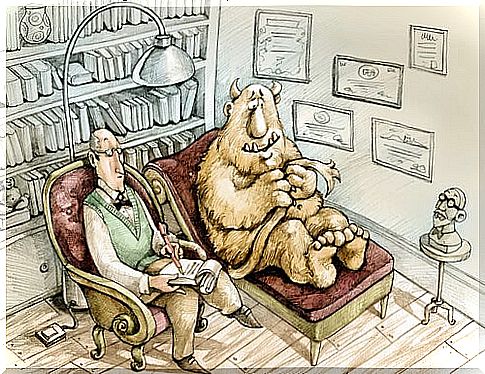
But why do we get caught by the wicked?
There are several scholars who believe that the creation of the “bad guys” in the stories has an evolutionary purpose. The dark side of evil (like Darth Vader) helps us learn, experiment and explore what we could not access without creating a contradiction that makes us feel bad. That is to say that, without having to suffer an accident with acid and fire and having a black mask put on our head, we can understand what would happen to someone who goes through that situation.
Ultimately, the wicked make us feel better people because “we would not act in the same way” in a similar situation. In this way, they validate our way of being, without wanting to.
